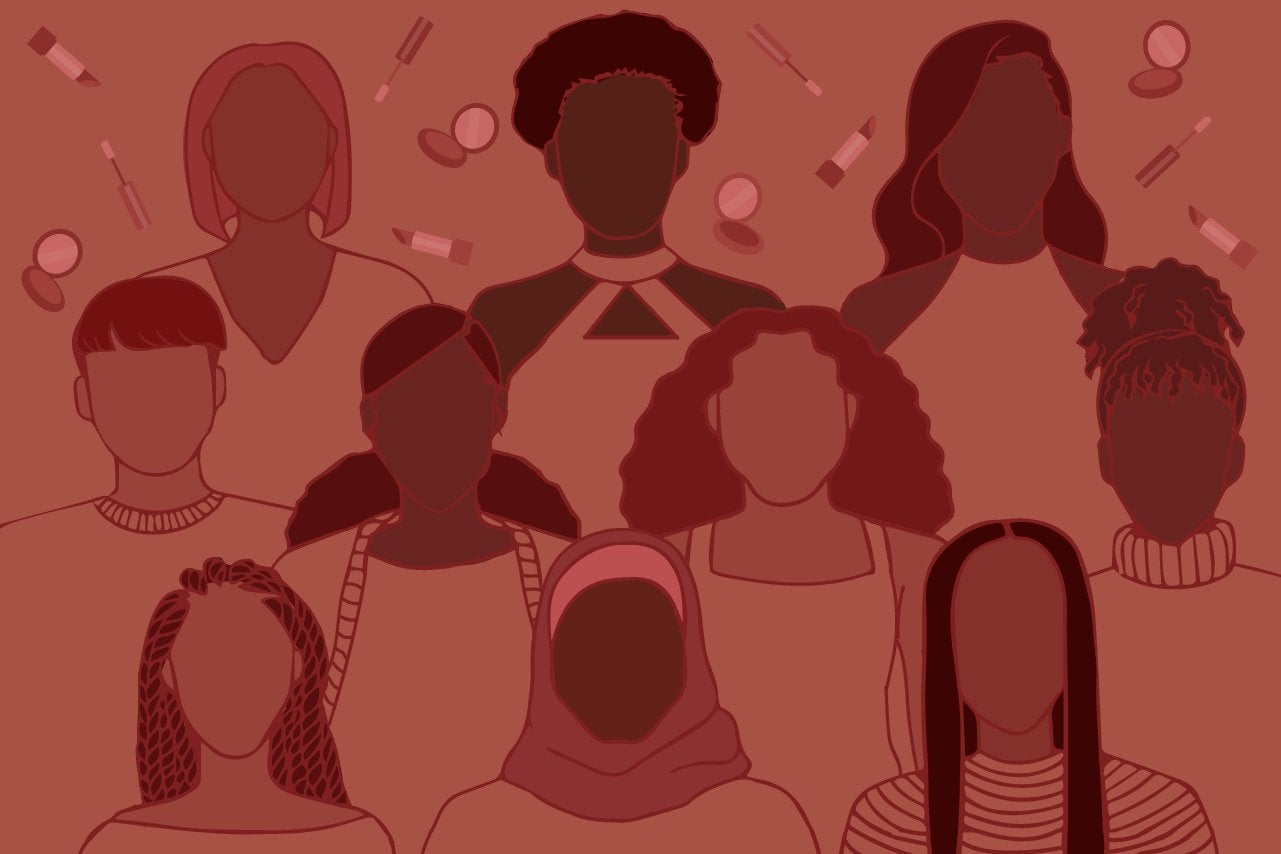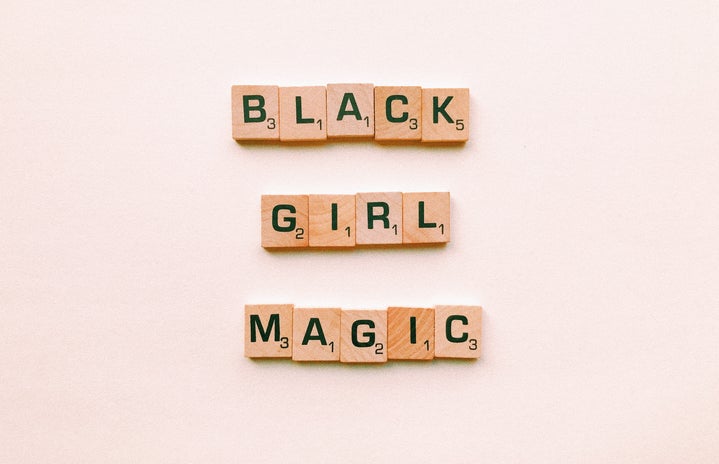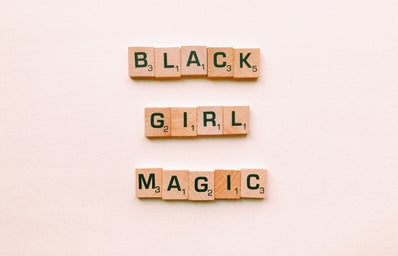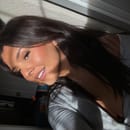Black History Month happens every October and is a time for celebrating, remembering and recognising the history and influence of Black individuals within our community. As a magazine dedicated to the girl’s and them’s, what could be a better time than now to take a trip through history and celebrate just some of the most ICONIC Black feminist and queer icons that still influence the music, dance, and culture that we enjoy today.

1) Ma Rainey (1886 – 1939)
If you haven’t watched Ma Rainey’s Black Bottom (2020) then you are seriously missing out. Ma Rainey was born in Columbus, Georgia where she grew up continuously singing until she was recognised at 14 years old in a talent show called “Bunch of Blackberries” at the Springer Opera House in her home state. After marrying her husband Pa Rainey in 1904, they teamed up as a powerful duo singing and dancing around America. This is where Ma Rainey found her passion for blues, and in 1923 she made her very first phonograph ‘album’ for Paramount. She continued to produce her passionate songs that influenced the genre of of blues and still do to this day. Many of her lyrics referred to lesbianism and bisexuality, such as her song “Prove it On Me’ which was suggested to have been written about an all-female orgy Ma Rainey hosted that police raided. FTP.
2) Gladys bentley (1907-1960)
Two words: gay panic. Gladys Bentley, an unapologetic lesbian drag king, blues singer, musician and performer. A queer, Black feminist icon! In 1923 At the age of 16 she began performing at Harry Hansberry’s Clam House, a well known gay speakeasies. She adopted her signature look of a swank tuxedo and chic top hat, distorting the boundaries of gender. Sexy. In the 1930’s Bentley would headline the gay Harlem speakeasies Ubangie, where she would sing seductively to women in the audience. Everything she did was fiercely her own and she refused to conform to the societal standards of the time.
3) Andre Lorde (1934-1992)
If Andre Lorde has 100 fans I am one of them. If Andre Lorde has no fans, I am dead. Self proclaimed ‘black, lesbian, mother, warrior, poet’ Andre Lorde is THAT girl. Born in New York City, she dedicated her poetry to the injustice she grew up around. If you haven’t read her work I would strongly suggest doing so, it hits you in the gut with it’s raw descriptions of racism, sexism and homophobia. Her influence on literary works, critical theory, race theory and poets is remarkable.
4) Storme DeLarverie (1920 – 2014)
She’s an icon, she’s a legend and she is the moment… Storme DeLarverie. In the 1950’s-60’s Storme would perform as a cross-dresser in the Jewel Box Revue, which was a 25 person drag group. Whether on or off the stage, she would wear oversized suits and hold a pipe, refusing to conform to gender stereotypes. On June 28th 1969, Storme participated in the Stonewall Rebellion, some saying that Storme was actually the woman in handcuffs that started the rebellion itself. In later life, Storme worked as a bouncer that you definitely did not want to mess with, for local gay clubs in Manhattan. Throughout her life right until her death she campaigned and marched for the rights of LGBTQ+ and black American rights.
5) Andrea Jenkins (1961-present)
History was made when Andrea Jenkins became the first African – America, transgender woman to be elected into office in the United States in 2017. Iconic. Throughout her childhood and teenage years she had a passion for writing poetry on the issues of race, gender, class and sexuality which she has pursued alongside her political career throughout her life. Her political career began in 2001 when she was on the winning campaign team for Robert Liligren. In 2011, Jenkins won the Bush fellowship “dedicated to transgender issues” and helped vigorously with campaigning for transgender issues. After successfully winning her 2017 election for a seat in the Minneapolis council, they elected her for Vice President of the council which she remains in position as today.
6) Laverne Cox (1972-present)
If Laverne Cox is in it, you know I am watching it. Laverne is one of those people just born with creativity and talent in her bones, dancing, singing and acting from a very young age. Cox received a scholarship to study at the Alabama school of Fine Arts in Birmingham which she used to progress onto getting her dance scholarship at Indiana University, where she gained a BA degree in Fine Arts. After graduating, Cox knew she wanted to be an actor so she auditioned for many different roles in hope of her big break. This came to her in 2012 when she landed the role of Sophia Burset on Netflix’s multi-award winning series ‘Orange is the New Black’. Since then, Cox became the first transgender woman to be nominated an Emmy as well as the first transgender woman to be featured on the cover of TIME magazine. She continues to bless our screens with her elegance and beauty and campaigns for LGBTQ+ rights and the BLM movement.
There have been hundreds of remarkable black, feminist queer individuals throughout history that should be celebrated and spoken about by everyone. Unfortunately, the fight for Black, LGBTQ+ rights is still ongoing across the world. We all have a responsibility to fight for the lives of Black individuals, not just this month but for every month of every year.
Ways to support the movement include but are not limited to:
- Donating to charities such as: http://africanrainbowfamily.org – http://azmagazine.co.uk – http://ukblackpride.org.uk
- Listen. Listen to not just one but multiple stories from the mouths of Black individuals. They deserve to be heard.
- Support Black owned businesses. In Exeter and Devon there are Black owned business such as the beautiful Sancho’s in Exeter www.sanchosshop.com and the delicious The Black Farmer www.theblackfarmer.com
- Research, read, learn. There are databases, libraries, archives, stories all for you to access and learn about LGBTQ+ Black lives. The more you learn, the more you can understand about the cause. I recommend the Bookbag Bookshop in Exeter as they always have an amazing range of books written by Black authors.
- Check in on your friends. Ask how they are feeling or if they would like to speak to you about anything. Let them lead and release any troubles onto you, it’s what friends are for.
I hope you have enjoyed learning about these remarkable people and feel inspired to research more on the topic.




